"We have come a long way in providing opportunities for the women of Ireland to be successful, now we just have to make sure that everyone can reach them"
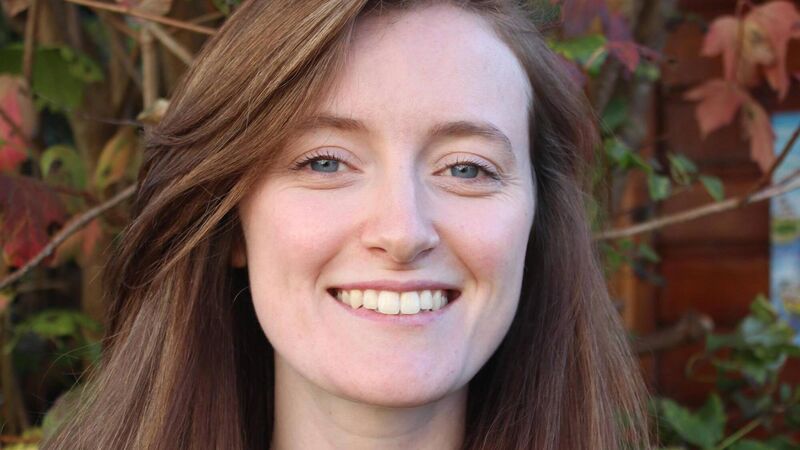
Cork Rose Jenny Byrne
Paula Cogan, CEO, Cognate Health
I’m CEO at Cognate Health, a leading provider of occupational health services in Ireland. I am also immediate past president of Cork Chamber and a board member of Dublin Airport Authority.
Equity is a small word that can impact so much. The official definition of freedom from bias is one that resonates with me.
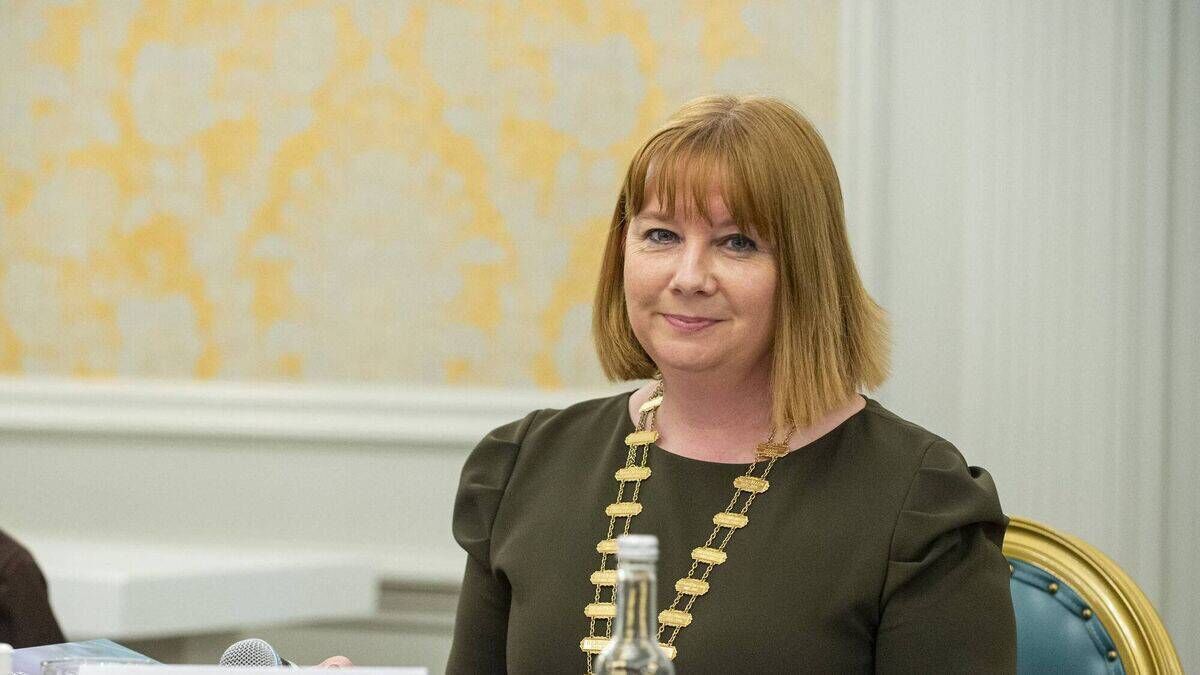
Bias, or more importantly nonconscious bias, exists in every facet of life. Where it really impacts on women in the workplace is deciding on a role being more appropriate to a specific gender or discounting women of a certain age because they are likely to want to have children or have additional responsibilities outside the workplace.
This is still a decision-making factor in so many sectors, and while it cannot be voiced openly, is a factor for many employers in the decision to offer a man or woman a role. There is so much more to do to ensure the workplace is equitable globally for women.
Jenny Byrne, PhD researcher and Cork Rose
I’m a PhD researcher working on employment opportunities for women with disabilities, and this year’s Cork Rose.
For me equity is simple, it means listening to people’s needs and responding accordingly. Through my research with women with disabilities, as well as through the Rose of Tralee, I have met hundreds of women who are each working to improve their lives in different ways.
For me, embracing equity means trusting these women know what they need, and then putting supports in place to help them. It’s about allowing women to have a say in their own futures, and to dictate what it is that they need.
I’ve seen this in both my research, and as the Rose of Tralee. In Cambodia, I spoke to women with disabilities who knew exactly what they needed to improve their livelihoods but weren’t being listened to by those who provide support.
And during the Rose of Tralee, myself and many of the other Roses spoke about real issues affecting our lives, and how they could be fixed, if only we had the resources.
We have come a long way in providing opportunities for the women of Ireland to be successful, now we just have to make sure that everyone can reach them.
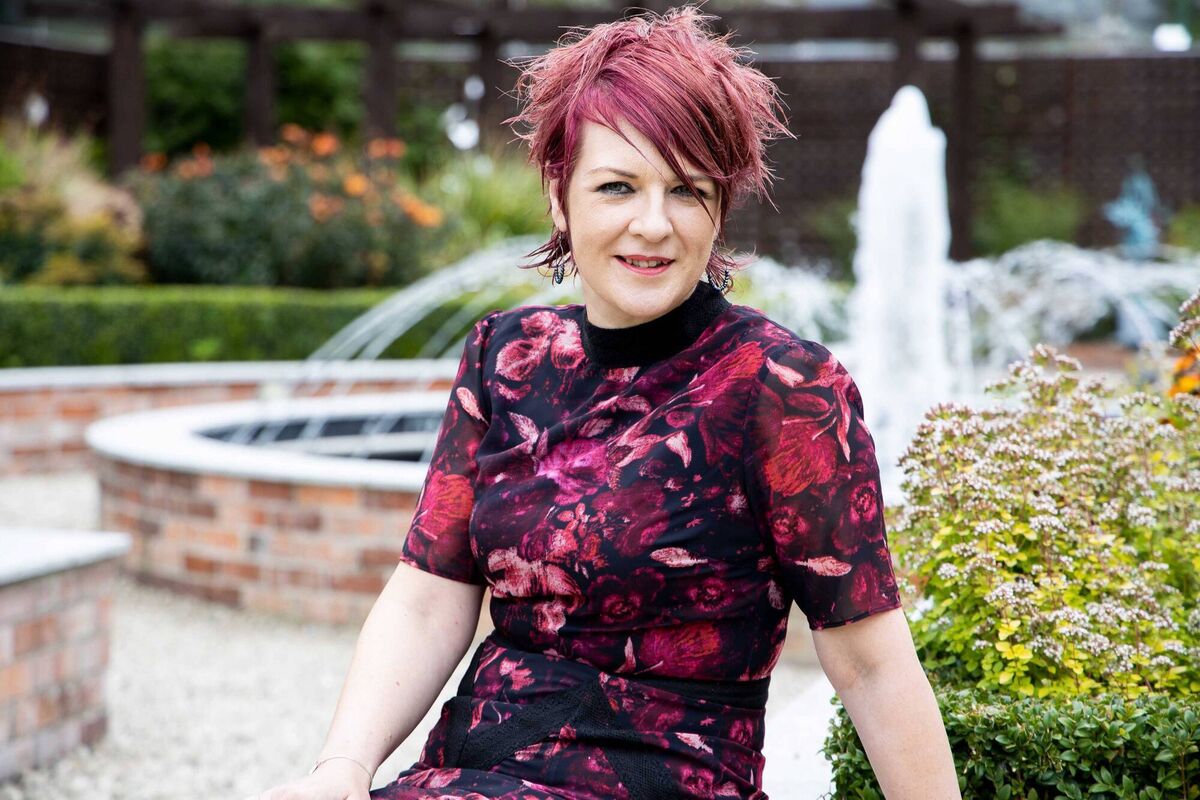
Caroline O’Driscoll, Partner in Deloitte Ireland LLP and co-founder of the award winning STEM initiative I Wish
Equity for me is about equal opportunity of choice. Unfortunately, we do not all start from the same place which can limit that choice. It is about recognising that gender stereotypes still exist in society and that targeted interventions are required to ensure that girls have the same opportunity to participate in the economies of tomorrow.
We have just completed our 9th cycle of I Wish, which seeks to encourage teenage girls to pursue STEM careers. The good news is that change can happen - during our time with I Wish we have observed an improvement in sentiment among girls towards STEM - these trends are also manifesting in an improvement in girls studying STEM subjects to leaving certificate and into third level education.
With 75% of the worlds fastest growing careers requiring a background in STEM, it is so incredibly important that girls engage.
Our theme this year was DREAM IT, DARE IT, DO IT. For me, that’s about encouraging girls to dream big, to empower them to dare to think differently, to colour outside the lines, to push against stereotypes; and ‘do’ is about all of us, turning ideas into tangible actions, ensuring that no girl gets left behind.
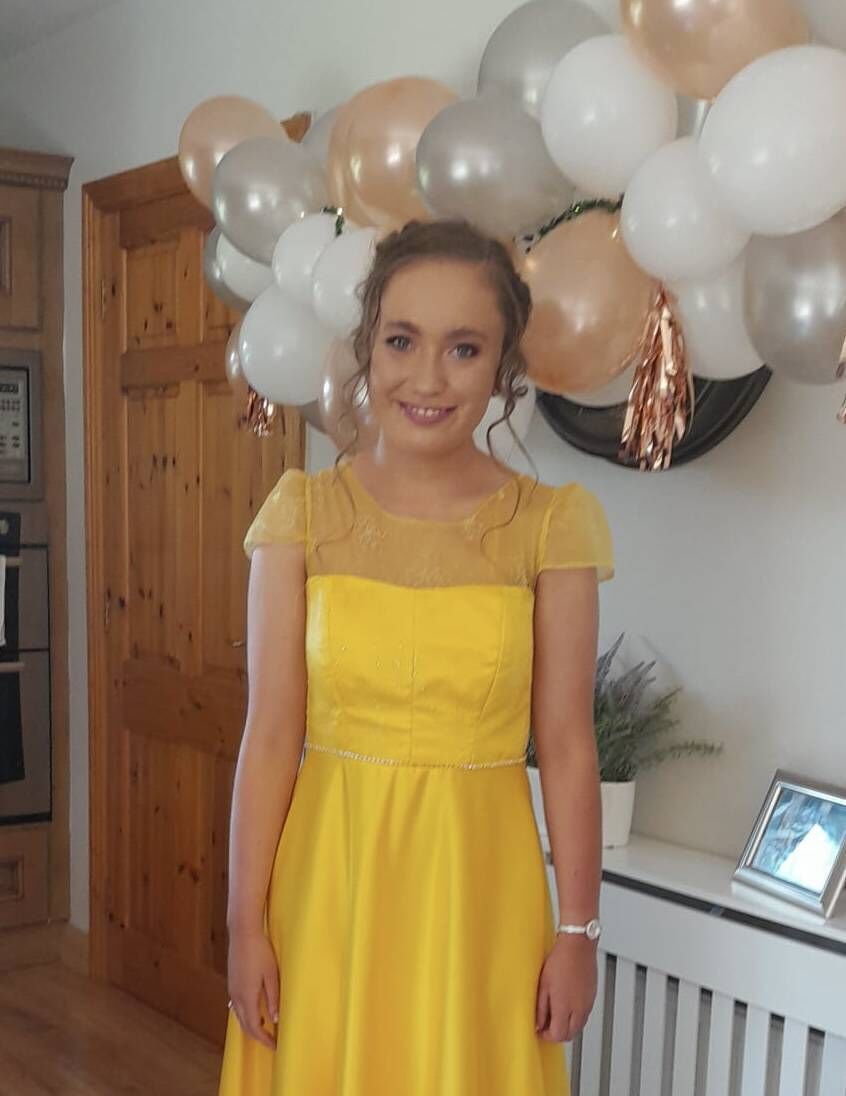
Chloe McCarthy, who attends Doras at Cope Foundation
I am 20 years old and I recently started working in a hospital in Cork. I also go to college in Cope Foundation. My college is called Doras.
My advice to people is always do your best to get a job. Always do your best to do the things you want in life.
At the start, I didn’t know how my life would end up after the three years of college. I was afraid that I wouldn’t be able to get a job and that made me worried because that’s what I wanted.
I needed to build up my confidence more. I did need a little help along the way. I got help from Doras and Ability@Work.
I feel good in myself now, I have a boyfriend and I have a job and my own money.
Everyone deserves the same rights but some people need a hand to get those rights.
I needed a hand to get a job but now that I’m in it, I can work away like everyone else in work. I’m getting on with my life now and I didn’t feel like I was like that before.
It would have been a lot more difficult for me to get a job on my own. But all I needed was a little help.
Some people need more help than me but they still deserve to be able to have the life that they really want.
Adrienne Rodgers, Director of Services (Community, Culture and Placemaking), Cork City Council
International Women’s Day is a fantastic way to celebrate and recognise the importance of women in our fast-paced and changing world.
The day shines a light on the contribution of women and allows all of society to join in conversations and inform the shape of our future and our place in that future.
While many of us are fortunate by chance of birth and the privilege of living in progressive and wealthy countries, we still have much work to do in other parts of the globe and I hope that all of us will give some thought to how we can address inequality where it exists during International Women’s Day 2023.
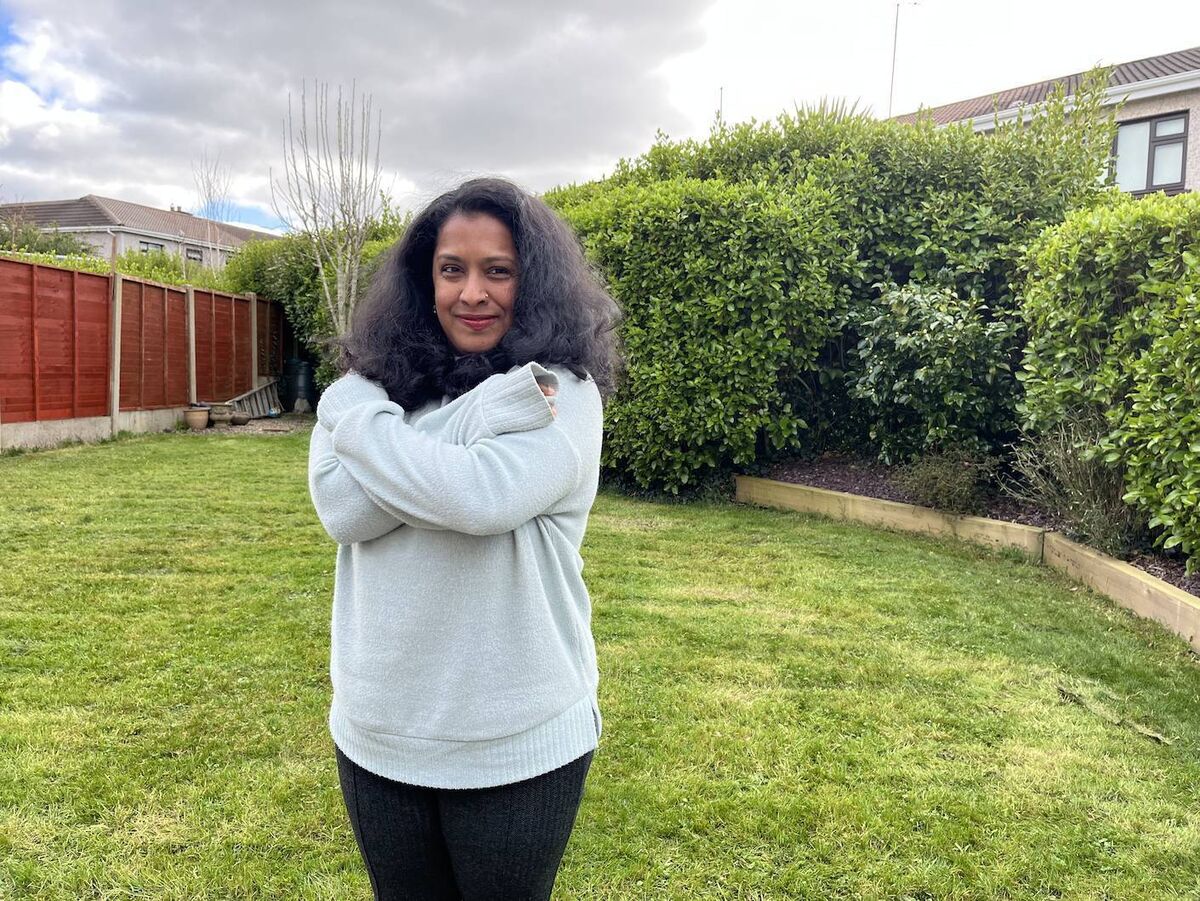
Joanna Dukkipati, Good Day Cork
I am the founder of Good Day Cork and a mum to a six-and-a-half year old.
To me, equity is the first step towards ending the pandemic of oppression, discrimination, and hatred.
If we are all committed to equity, we will discover that listening to one another is the foundation of a kind world.
We’ll learn to pay attention to what each of us requires to thrive if we actively listen with curiosity.
And so to me, equity is an invitation to love ourselves and each other.
There will be true unity when we give ourselves and each other what we need to thrive. Embracing equity will pave the way for success and peace.
Marguerite Gallagher, Head of Legal Affairs at Cork City Council
I think it is so important that we should avoid the narrative that “men and women are the same” when discussing equality… in my view they aren’t.
Men and women are different, and each bring distinct and valuable characteristics and perspectives to any team. Equality, to me, means acknowledging those differences and the benefits of having both men and women in leadership roles especially. I hope that when my little girl grows up, it is an absolute given that women can do any job men can do and vice versa. The introduction of paternity leave and the increase in men availing of parental leave are welcome steps in the right direction.
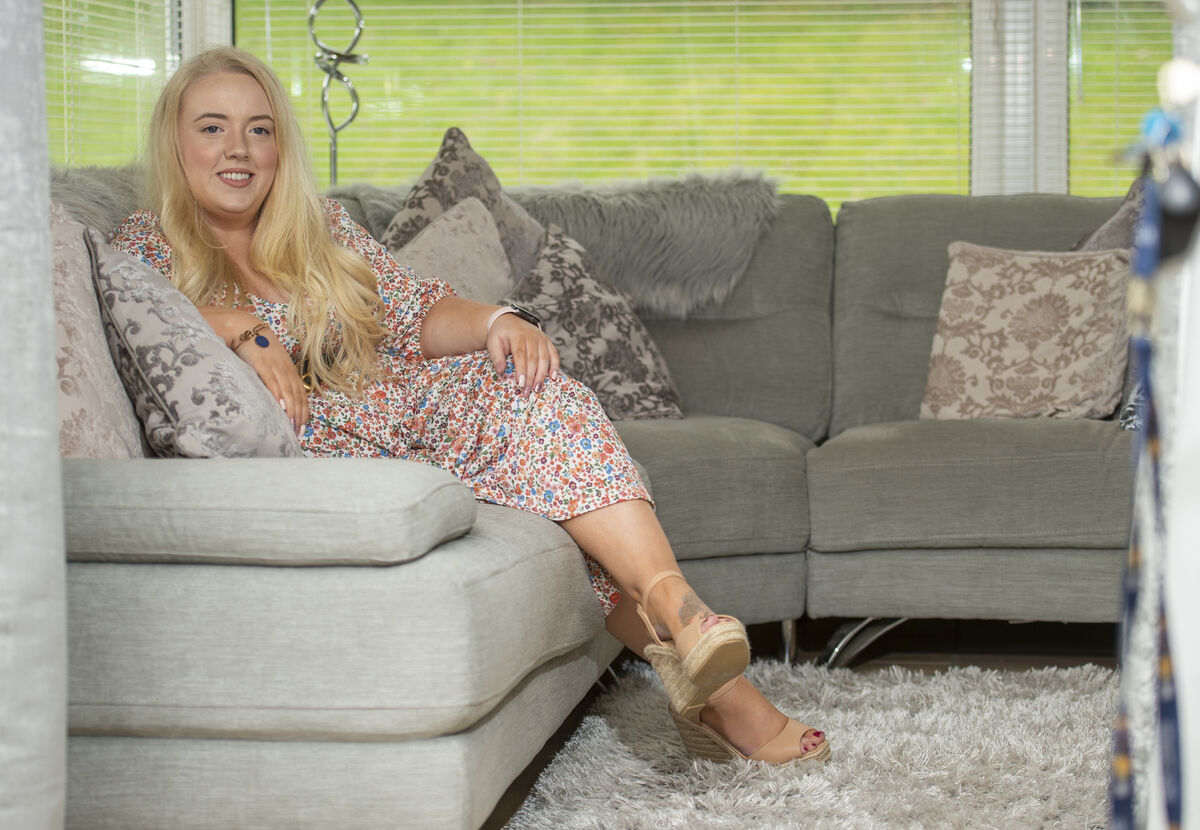
Jessica Ní Mhaoláin, Disability Rights Advocate | Commentator
There’s a lot of confusion between equity and equality. I want to take a few minutes here to explain it from my point of view.
I’m Jess, and I was born with a severe vision impairment called occulocutaenous albinism. It affects my hair, skin and eyes. My hair and skin don’t have pigment so I don’t tan naturally (though you’ll rarely see me without a bronzer glow thanks to the miracle of bottled tan!), and in terms of my eyesight I’m legally blind. I have zero depth perception, and an involuntary eye movement which effects my already limited ability to focus my eyes as I read, write and complete daily tasks. I also use a white cane every day.
I grew up in 1990s Ireland where the education system didn’t understand equity or equality - many people would argue it still doesn’t at times, but that’s for another day. In the early ’90s, it was highly unusual for a child like me to complete primary school, never mind anything else.
The education system eventually caught up with equity, and for me that meant getting classroom supports that allowed me to compete on an even playing field to my peers.
These supports - magnifiers, a laptop used for typing instead of writing, learning support to help me catch up on what I’d missed, and a special needs assistant - allowed me to ‘have eyes’ again in the classroom.
Before that, I coped to a certain degree but the reality was that I was basically sitting in a classroom with my eyes closed. I couldn’t write until the early 2000s, and despite what I have achieved since, I still struggle with writing due to the difficulty I have with fine motor skills because I can’t see.
Equity - giving people what they need to participate at the same level, relative to their natural ability - allowed me reach the academic levels that I would have always achieved if I had just been born fully sighted.
Without those vital supports, I wouldn’t have completed my junior and leaving cert through the Irish language; I wouldn’t have graduated with an honours science degree, I wouldn’t have gained a 2:1 in my Masters thesis which focused on legislation underpinning education equity for children with disabilities; and I most certainly would not have been able to get into the world of work where I now contribute as a parliamentary advisor in the Dáil to a senior spokesperson on Justice and Equality - whether that is ironic or a story going full-circle, I’ll let you decide.
What I’m saying is equity meant I was given the tools to put me at an equal footing to others in my classes .
My SNA worked as my eyes, my magnifier helped with reading, and my learning support was used to - for want of a better explanation - go over what my classroom teacher had just taught us, except it was done just inches from my face so I could see, which helped me to comprehend things.
Did those supports solve my difficulty with sight-requiring school activities like playing camogie or writing? No, but it did make allowances for my inability to see the chalkboard or read the instructions on the maths workbook. It replaced what I didn’t have due to genetics.
You don’t achieve equality without first having equity. Equality is the destination, equity is the journey that gets you there.
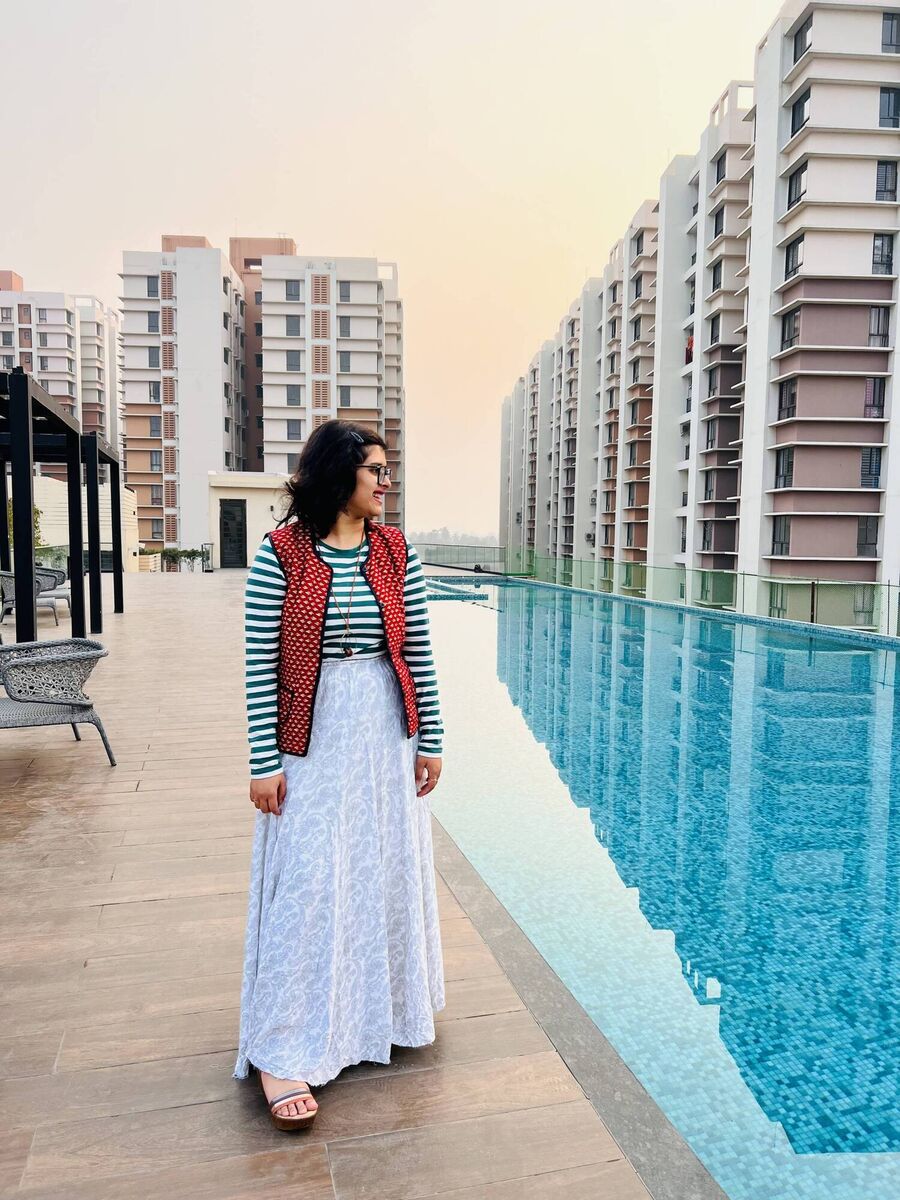
Rohini Roy, Digital Analytics Manager
I am 30 years old, living in Ireland since 2017, a Government of Ireland Scholar, I work in a global healthcare communications firm as a Digital Analytics Manager.
For me, equity means being able to succeed in my terms and not succumb to the society’s definition of success. As an Indian woman, I may be often termed by the Indian society as mediocre for being 30, unmarried and not working in IT/Healthcare. But that’s not stopping me from doing what I want to do in life, or defining success which suits my parameters.
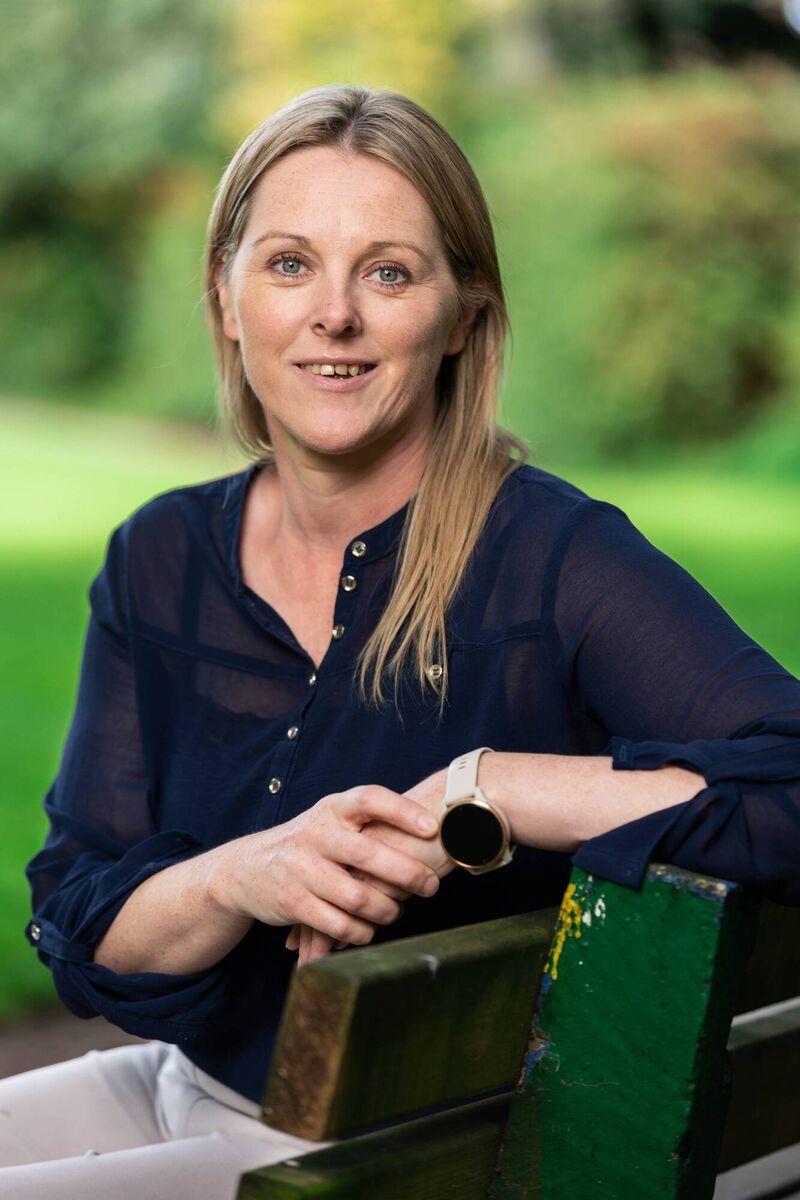
Sinéad O Flynn, Health 4 U
I am the owner & founder of Health 4 U, a Nurse & Nutritional Practitioner led service in Glanmire which supports busy females and males to find the root cause of their symptoms and feel energised again.
I also have children with additional needs who have broadened our mindsets and enabled us to embrace and understand the importance of equity.
There is no one size fits all, we are all individuals and should be enabled to express that individuality.
To be able to truly be who we were meant to be, we need to, as a society, make that space for equity, allow people to grow how they need to grow, and provide them with whatever that is that will allow them to be themselves and feel valued in this world.
Thinking outside the box, instead of thinking about completing tick boxes, is where true inclusion lies. Creating a world where barriers are removed, allowing each of us to be ourselves and succeed in life. A world where we all #EmbraceEquity
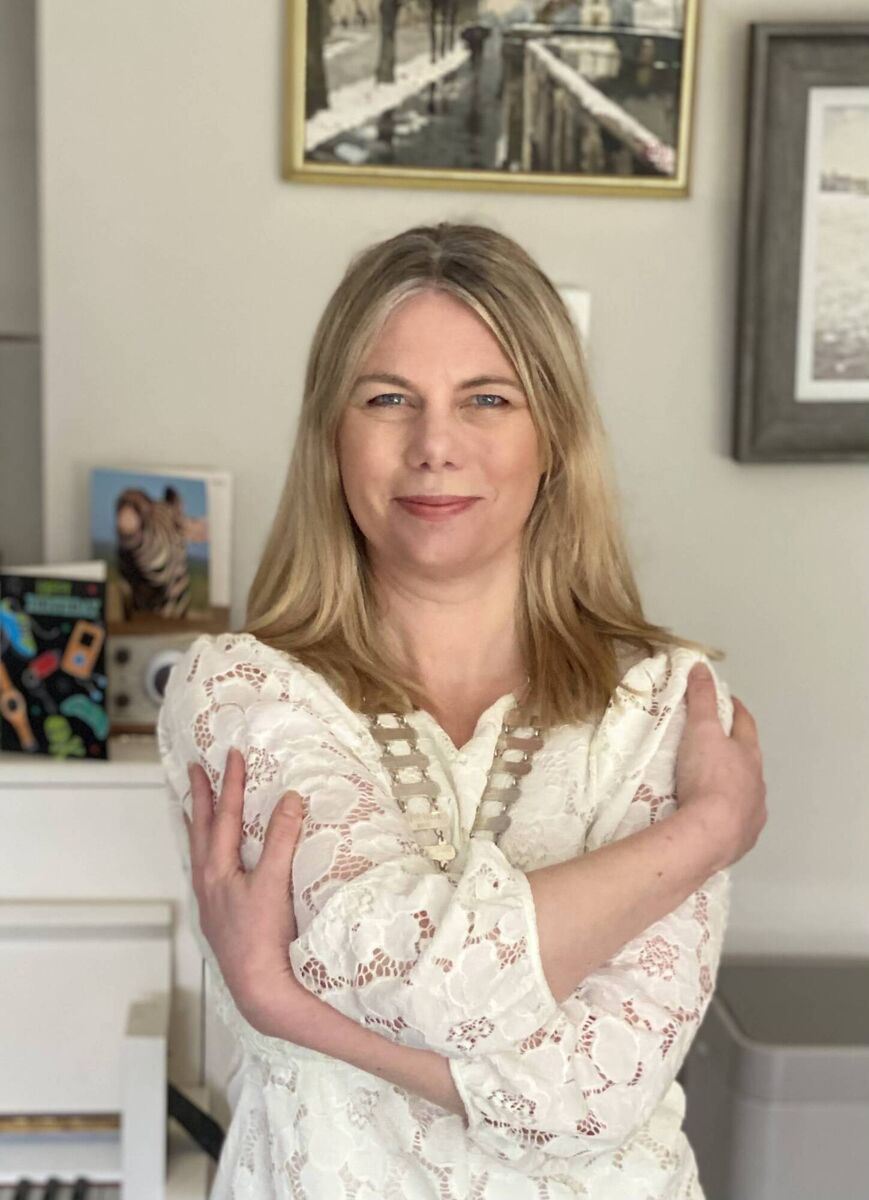
Ingrid Seim, President of Network Cork and founder of Avenues Consultancy & Coaching.
Equity doesn’t exist in a vacuum. The more equitable a society becomes, the better it becomes for everybody.
On International Women’s Day, we naturally focus on women, and although it can seem like at times we are moving backwards in terms of equity here, we are also thankfully moving forward.
More and better family-friendly policies and supports are possibly one of the key areas women need at the moment. And the beauty of that is that it also will allow men embrace that side of their lives.
Equity broadens our perspectives and allows us all to thrive. Definitely something to embrace.
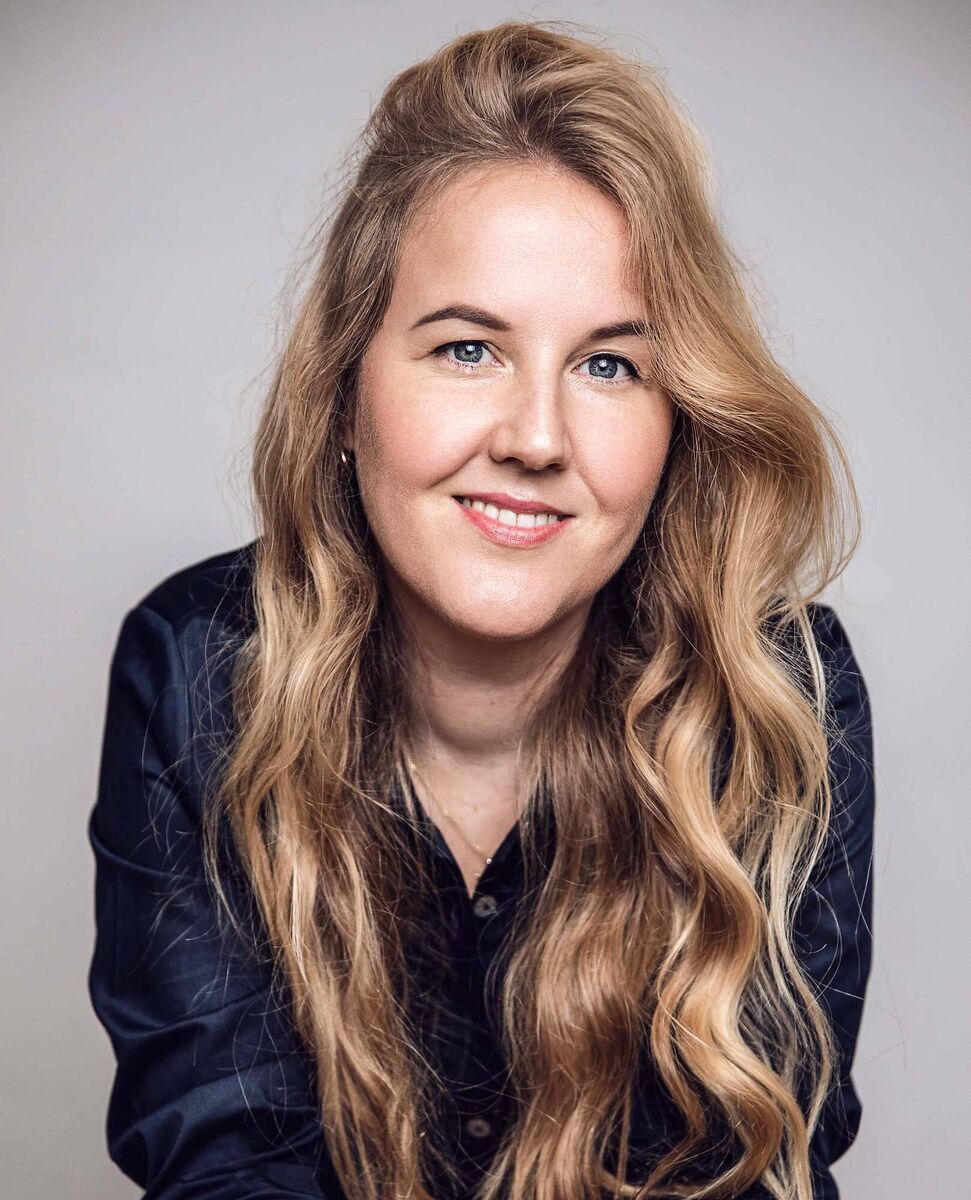
Judie Russell, Video Storyteller, The VidAcademy
To me, equity applies to all relationships, personal and professional, that have a happy balance of giving and receiving. And these can’t always be in perfect balance but good communication goes a long way.
Being honest and clear about what you need and what you are willing to give in return is a continuous conversation that should never be taken for granted.
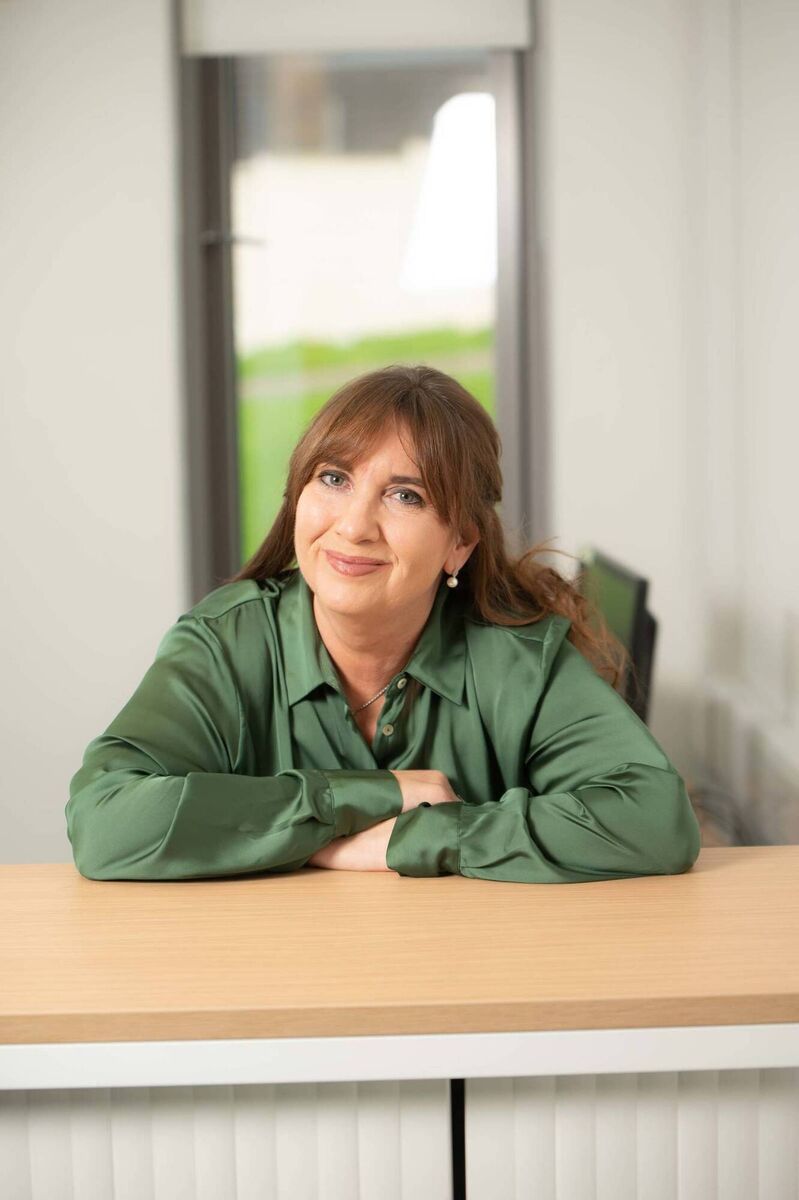
Maria Desmond, Enable Ireland
Equality means treating everyone the same but equity means recognising that we do not all start from the same place.
Through my work, as Regional Fundraising Manager with Enable Ireland, every day I meet people who have significant challenges in their lives. When we embrace equity, we embrace diversity, and we embrace inclusion.
Enable Ireland’s logo is ‘Life With No Limits’. Being mindful that through the use of technology, good planning, information, environmental and physical supports, society can strive to be equitable to all, enabling each individual to live their best lives. #EmbraceEquity #IWD2023
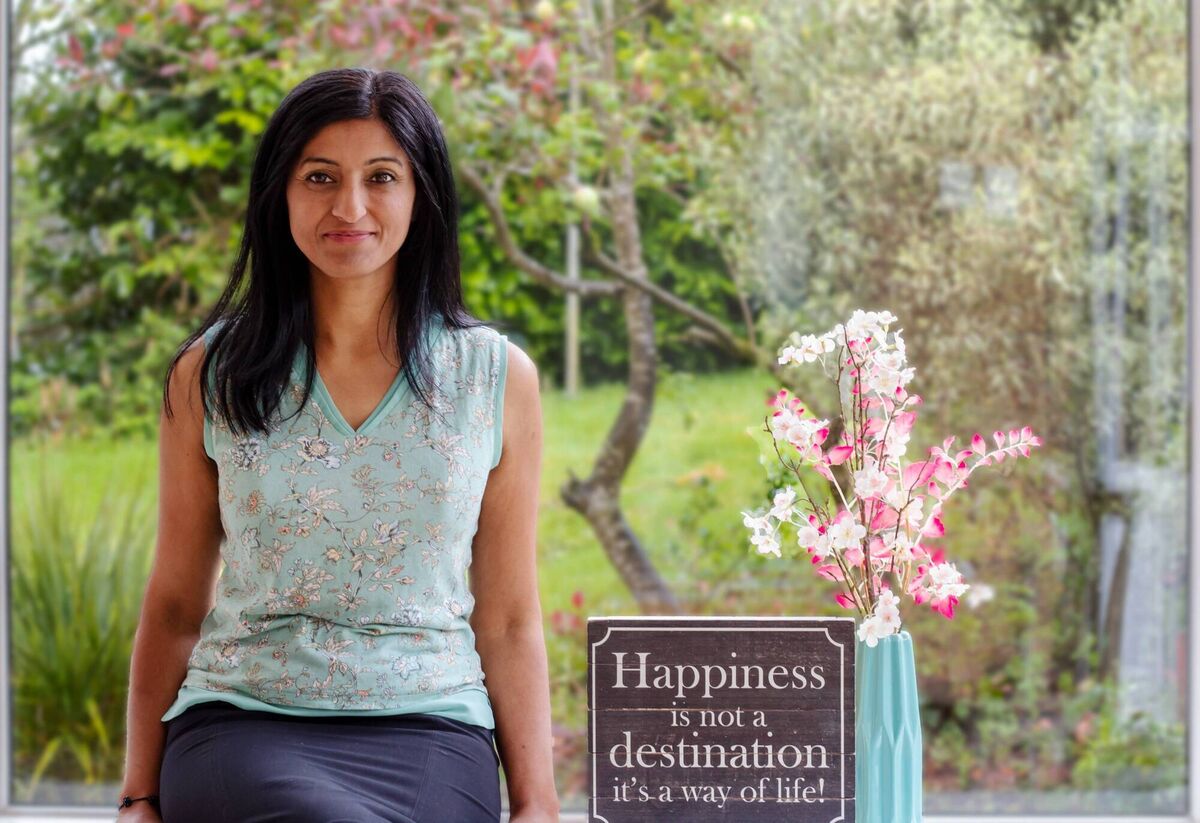
Sukhi Byrne, Dynamic Mind Growth, a Mind Fitness Coach
Let’s challenge the perception that using equity to address gender imbalance is wrong.
Let’s also challenge the notion that women are unfairly given positions they didn’t justifiably achieve, and will subsequently fail or hold back an organisation.
Remember that, in an ever-evolving world, skills can be learnt, and one can benefit from the experience of supportive mentors and become important role models.
If you are a minority and given access to a position not readily available to your group - go for it!
Your participation enables continuous improvement and progress.
Diversity and inclusion brings a wealth of valuable experience. It utilises untapped potential by making people more comfortable with their uniqueness.
It can also bring greater success and prosperity than previously envisaged by the stakeholders.
Change your mindset and EMBRACE EQUITY because you have a lot more to offer than you realise!
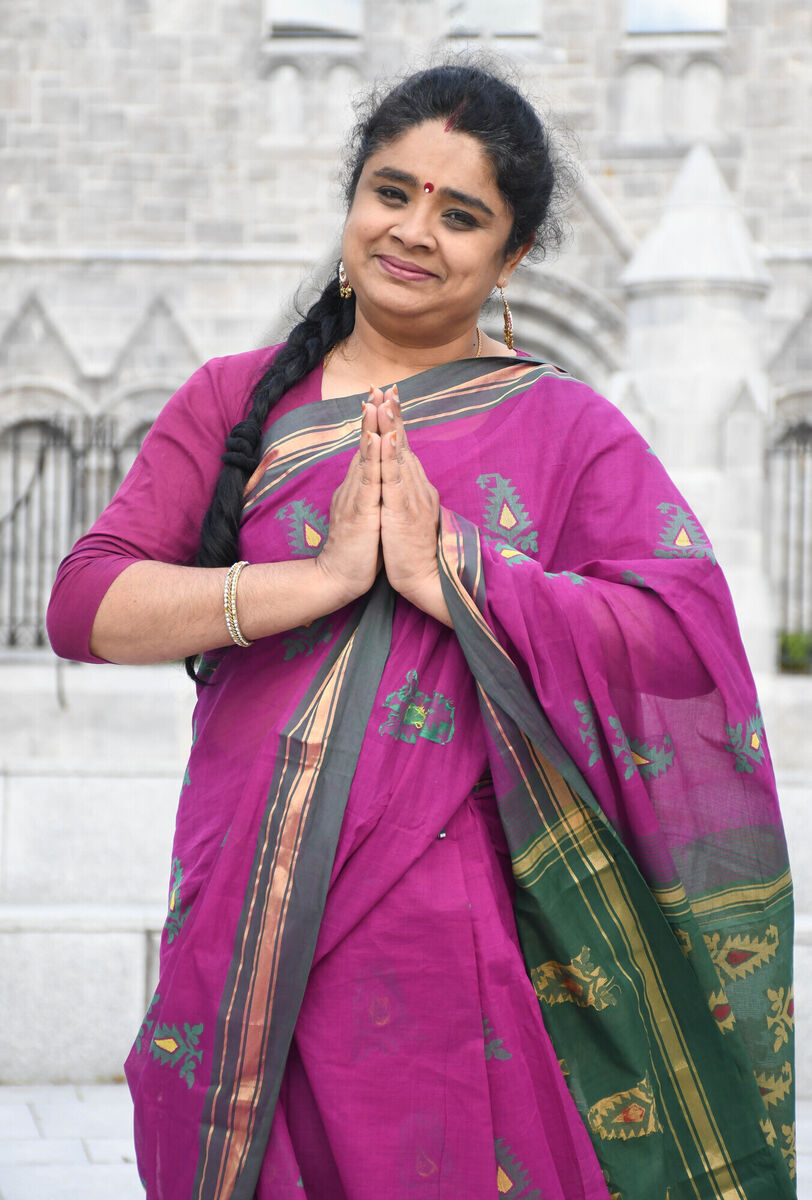
Dr. Lekha Menon Margassery, Postdoctoral Researcher, School of Microbiology, UCC and President, UCC Indian Alumni Community & World Malayalee Council, Cork. Also Director, Aatma Indian Dance Troupe, Cork and EDI Ambassador, School of Microbiology, UCC
Equity, to me, is being impartial and giving opportunities to people who are most suitable irrespective of their caste, creed, religion, socio-economic status, gender or their ethnicity.
More in this section

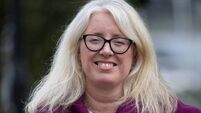
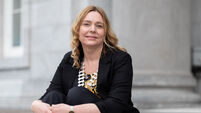
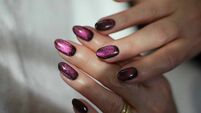



 App?
App?


